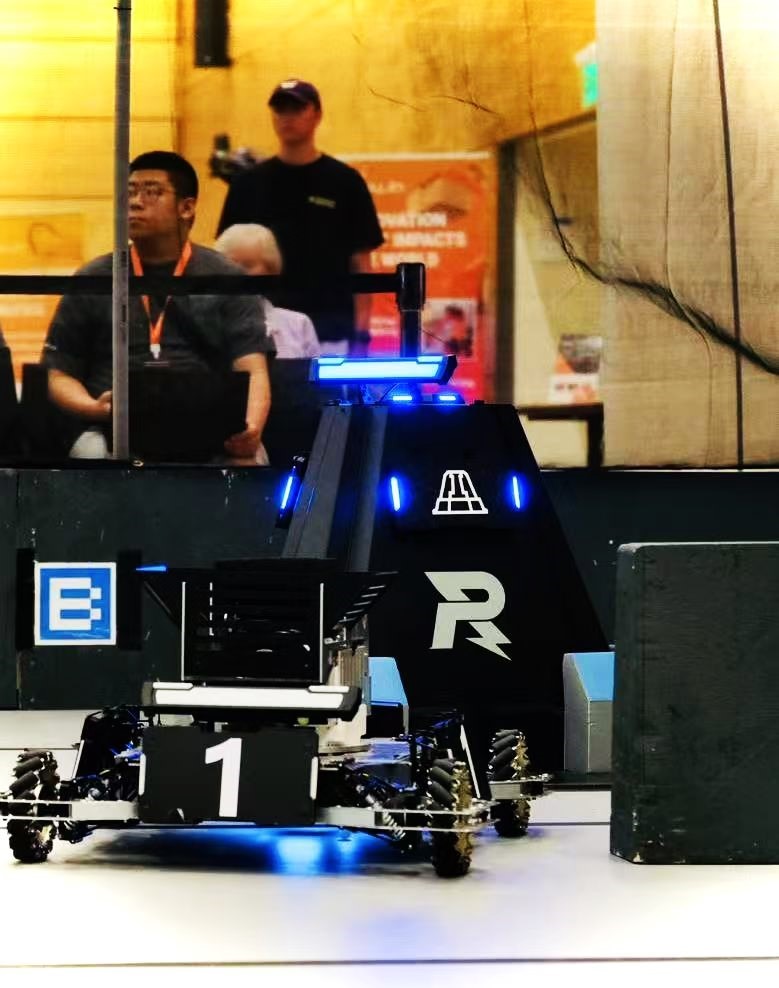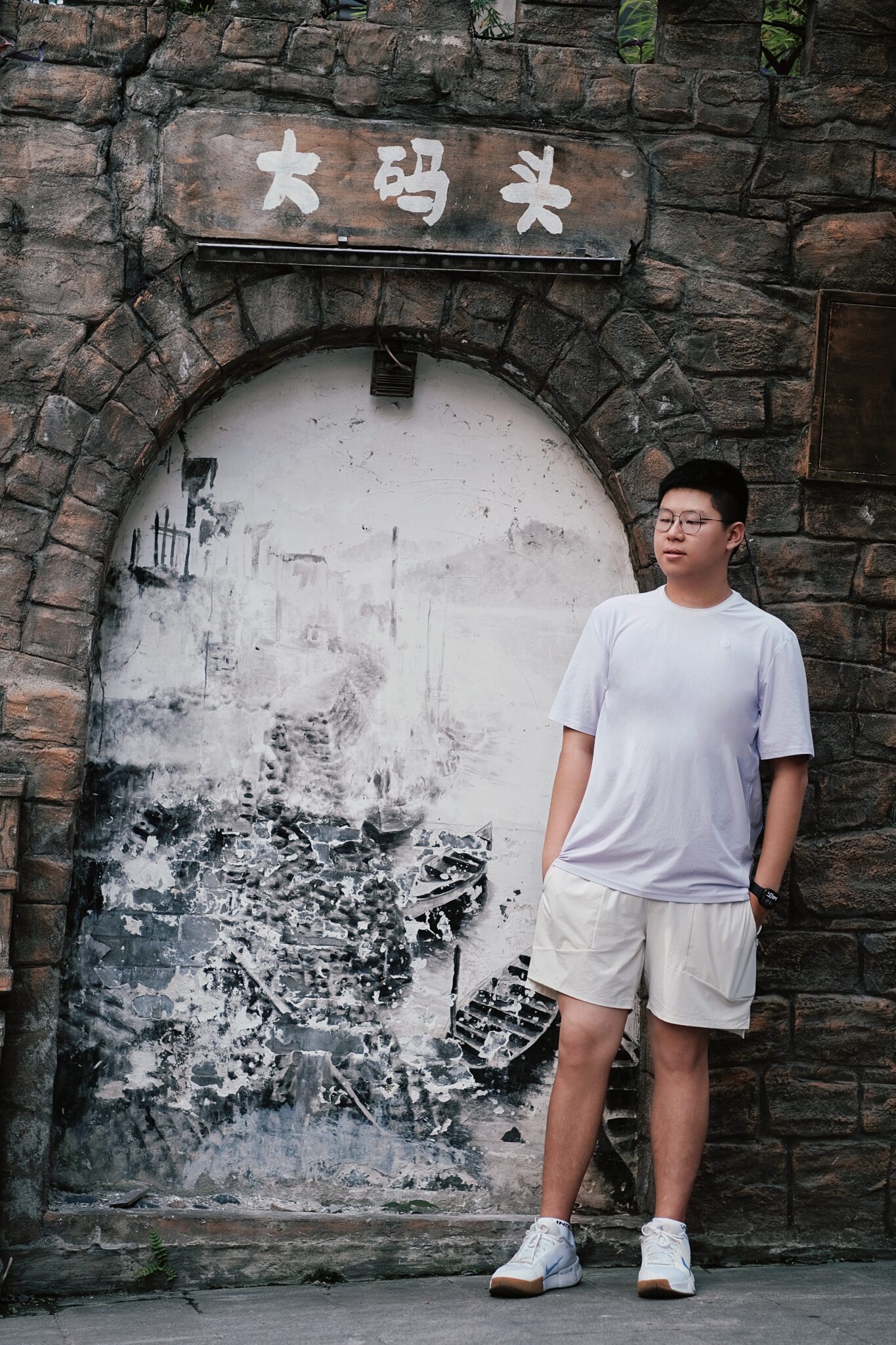
The high global ranking of NUS Mathematics was a primary factor in my choice of undergraduate programs. A top-ranked institution like NUS would offer access to world-class faculty, cutting-edge resources, highly motivated peer communities, and enhanced career prospects with employers who value rigorous education. Especially for high school graduates (and their parents) facing uncertainties about their future paths, rankings often serve as reassuring indicators. In addition, NUS’s location in Asia also influenced my decision. As a Chinese student, I especially value Singapore’s cultural and geographical proximity to my hometown.
On my motivation to do special programmes like SPM, I have been asked about this before, since I am on the Operations Research & Data Analytics track, where the core courses of SPM may not seem directly related. My primary motivation for choosing SPM was the intellectual challenge. In addition, SPM connects you with a community of ambitious, like‑minded peers and exposes you to a breadth of topics – the programme now requires taking advanced/graduate courses spanning pure and applied mathematics, which could be particularly valuable even for students pursuing applied fields like computer science and engineering. I’ve especially enjoyed MA4270 Data Modelling and Computation under Prof. Soh Yong Sheng, which solidified my understanding of statistical learning, and MA5232 Modeling and Numerical Simulations, where I was exposed to interesting theories in machine learning and optimal control.
NUS provided numerous opportunities that shaped my personal and academic growth. While invaluable experiences, such as conducting research under Prof. Jonathan Scarlett – including my UROPS on Bayesian optimisation and my final-year project on Gaussian processes – as well as participating in the Science Alumni-Student Mentorship Programme with Dr. Wu Shuang were instrumental, I would like to highlight the transformative impact of my involvement with NUS Calibur Robotics (formerly NUS RoboMaster).
Joining NUS Calibur Robotics immersed me in collaborative robot development with a group of passionate engineering students under our supervisors: Aurelien Carriquiry, Huimin Cheng, and Prof. Lim Li Hong Idris. This hands‑on experience pushed me beyond my mathematics curriculum, challenging me to bridge abstract theory with tangible outcomes. I applied mathematical principles – modelling system dynamics for localisation and tracking, analysing complex data patterns, and contributing to problem‑solving strategies within the team. That exposure ignited my passion for robotics perception and control, and it ultimately influenced my decision to pursue a Master’s degree in the field, where I can continue blending mathematical insights with real‑world applications.

If you are interested in doing a final-year project, start with UROPS. Treat it as a “trial run” of your FYP: if you enjoy the topic and your collaboration with the supervisor goes well, you might want to extend your UROPS work into your FYP or explore other related topics. This would allow you to dive deeper, potentially tackle more ambitious problems, and forge a stronger connection with your supervisor. Looking back, I’d advise starting UROPS earlier – the projects may demand less prior knowledge than you’d expect and could often unlock unanticipated growth.

-
Meet Nguyen Anh Duc – Bachelor of Science, Mathematics (Hons) – Winner of the INFORMS Undergraduate Operations Research Prize 2024 and Lijen Industrial Development Medal 2025July 21, 2025
-
Meet Qin Haichen – Bachelor of Science, Mathematics (Hons) – Winner of the Lim Soo Peng Prize 2025July 07, 2025
